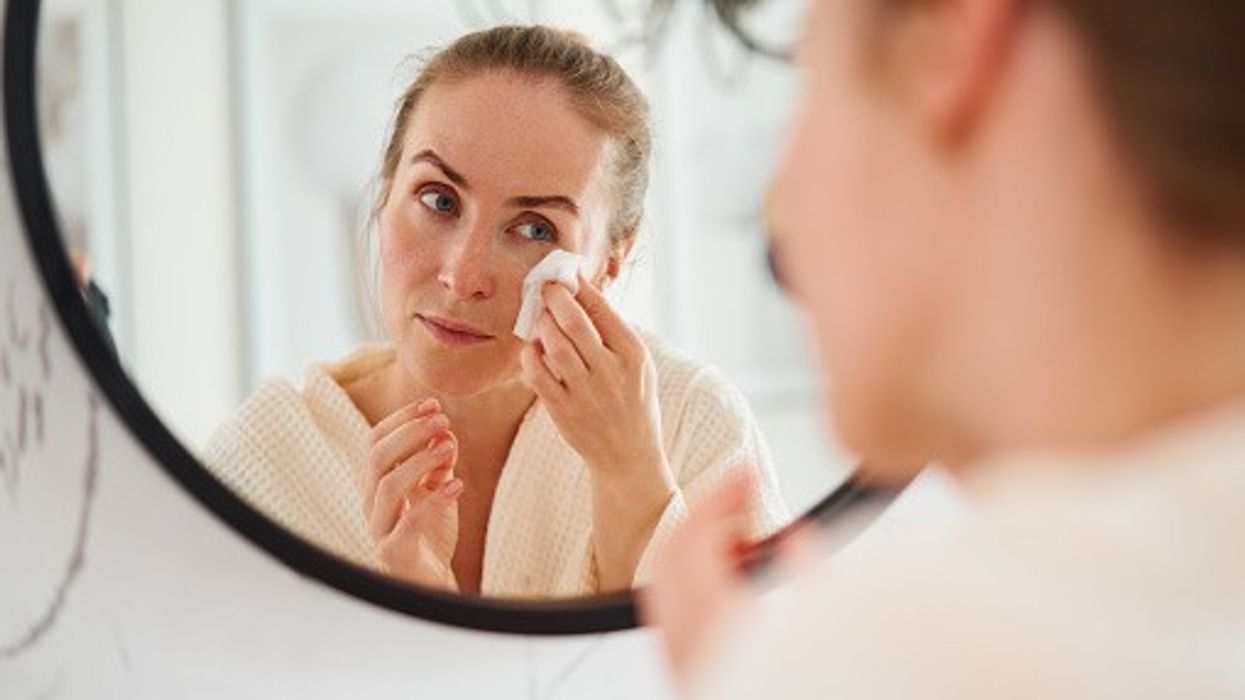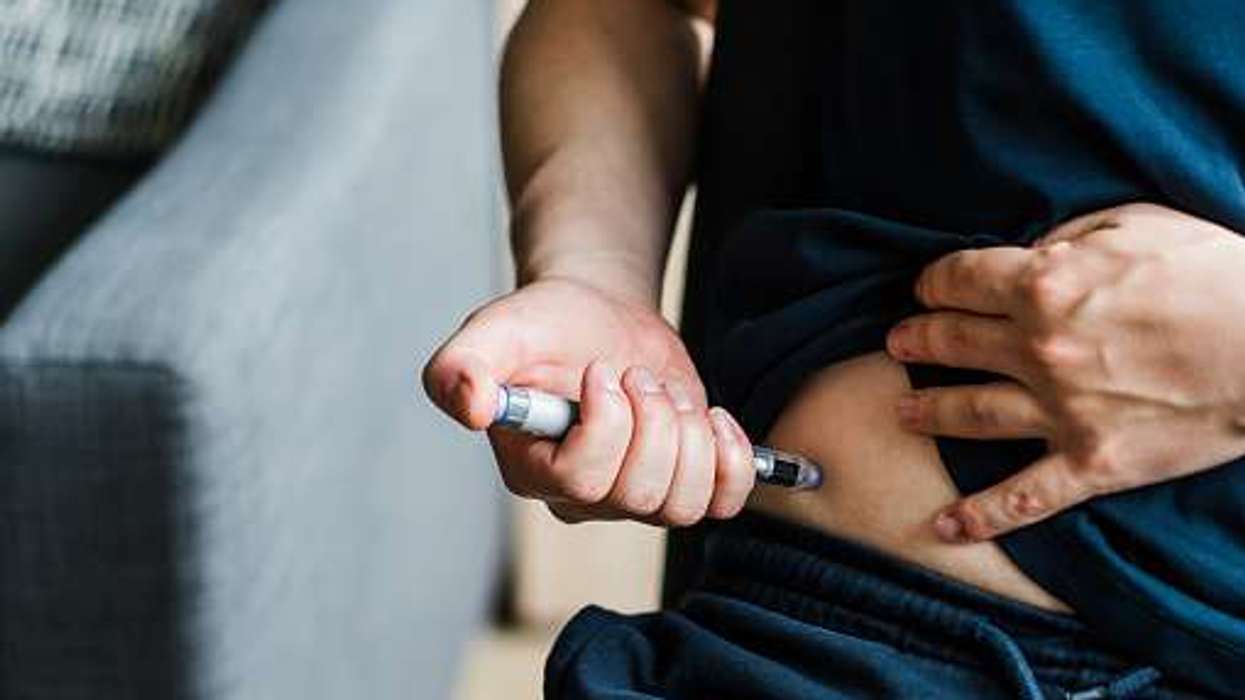Nearly two-thirds of Brits (60 per cent) neglect a consistent skincare routine, with almost one in five going to bed without washing their face daily, according to a new survey by consumer health company Kenvue.
The UK-wide survey of 2,000 people revealed that one-third of respondents (34 per cent) spend five minutes or less on their daily skincare routine. On average, Brits go to bed without washing their face twice a week.
Despite this, individuals spend more on skincare products than on other personal care items, suggesting a disconnect between investment and usage.
Brits spend an average of £27 per month on skincare items, compared to £22 on hair care and £19 on oral health products.
When the respondents were asked to rank skincare products by importance, facial creams or moisturisers topped their list (42%), while facial serums (18%), toners (11%), exfoliators (11%), and face masks (10%) were deemed as less important.
Worryingly, only 15% ranked sunscreen/SPF as essential, highlighting a lack of awareness about its crucial role in reducing skin cancer risk.
Barriers to skincare commitment
The survey identified three most common factors limiting their time commitment to personal care – the cost of personal care products (30%), lack of motivation or energy (25%), and busy work schedules (23%).
Additionally, information overload and confusion may be preventing people from maintaining a consistent personal care routine.
In the survey, 20% of respondents stated that they felt overwhelmed by the volume of advice available and 12% felt pressured to maintain their routines, and 15% were unsure which products suit them best.
Kenvue's Northern Europe area managing director, Bas Vorsteveld, underscored the need for better education and practical solutions to help them achieve their skincare goals and maximise product benefits.
"Our survey highlights a critical insight: consumers are investing in the idea of better skin but struggling with the practices needed to achieve it,” he said.
Vorsteveld noted that everyday moments of care, such as a consistent skincare routine, are crucial for both physical and mental well-being.
“Educating consumers on the benefits of the products they use is essential to ensure their routines are effective and sustainable,” he added.
Generation Z leads in skincare dedication
The survey also found that the younger generation, particularly Generation Z (18-28 years), were more dedicated to skincare routines, spending nearly 20 minutes a day on them, compared to 15 minutes for Millennials (29-44 years) and 12 for Gen X (45-60 years).
Overall, Gen Z spends an impressive 58 minutes per day in their personal care routines, including skin and hair care and oral health - well above the national average of 40 minutes.
They cited hygiene (52%), the desire to look good (44%), and the overall health benefits (42%) as top reasons for prioritising personal care.
Moreover, 43% of Gen Z – more than any other generation - focus on personal care to boost their confidence.
Expert Advice on Building a Sustainable Routine
To provide expert insights, Kenvue partnered with renowned GP Dr. Punam Krishan, who emphasised the importance of a simple yet effective personal care regimen.
"Understanding the right personal care routine for your daily life is essential because consistency is key,” she said.
“It’s important to understand what your own body, skin or oral care needs are and find a routine and products that work for you. This can help to ensure that your personal care regimen is both effective and sustainable.”
She continued: “Some skincare essentials shouldn’t be forgotten, such as applying sunscreen daily to shield your skin from harmful UV rays.”
“Oral hygiene is equally important to avoid negative consequences such as plaque buildup, cavities, and gum disease.”
Besides maintaining good skin and hair care for daily hygiene, Dr. Krishan highlighted the importance of regular exercise in enhancing overall well-being and self-esteem.
“Finally, remember to seek advice from a healthcare professional if you need recommendations tailored to your personal needs,” she added.
The survey underscores the importance of improving skincare education and offering practical solutions to help consumers develop consistent and effective routines.













